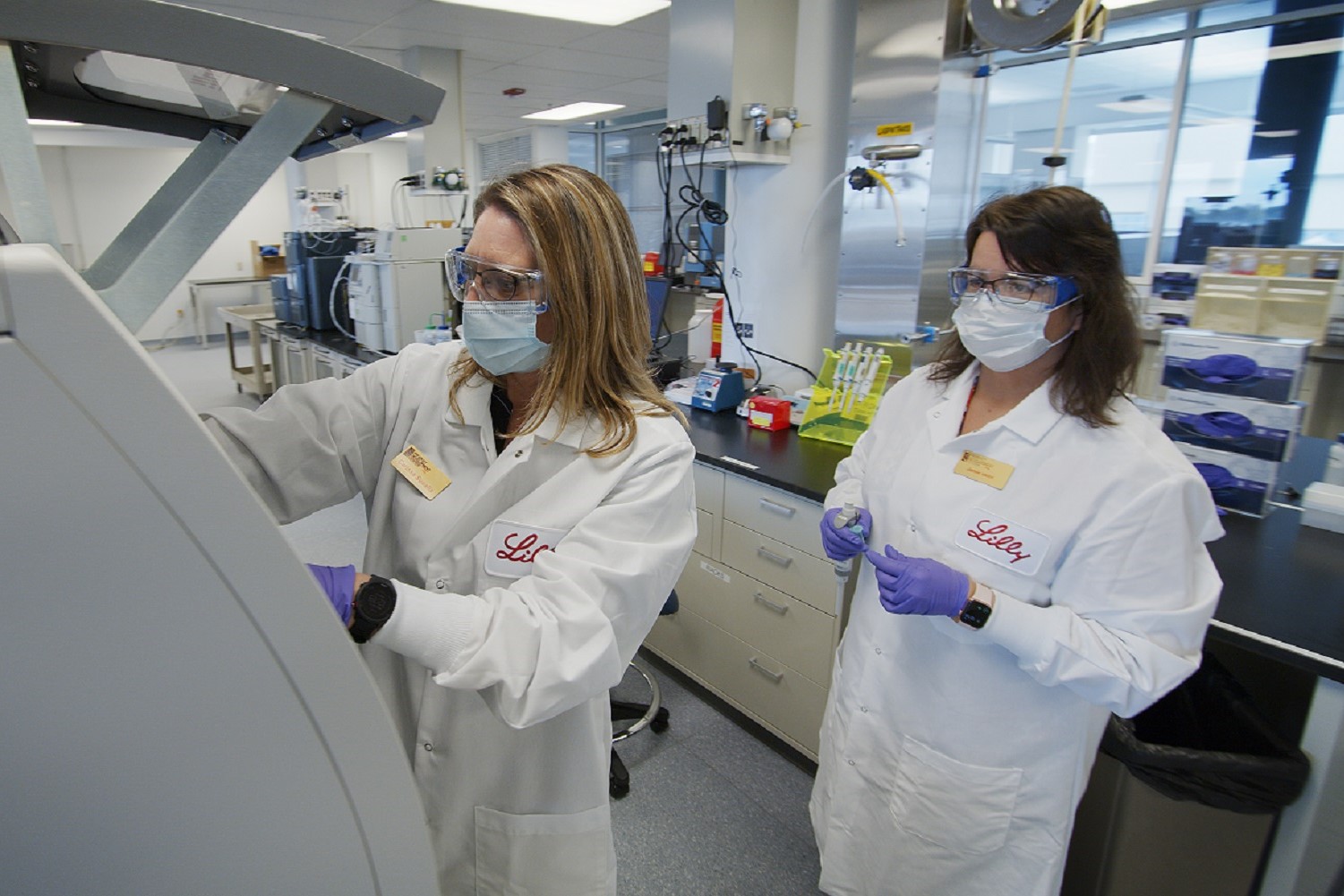
On Thursday, when the genetic testing lab Sequenom called off its regular earnings call, investors might have worried about the reason for the cancellation. That is, if they missed the news that Laboratory Corp. of America had agreed to buy Sequenom for $371 million.
Either way, the question now is what comes next for the two companies that are perched on a risky, competitive genetic testing market valued in 2015 at $3 billion.

With the Rise of AI, What IP Disputes in Healthcare Are Likely to Emerge?
Munck Wilson Mandala Partner Greg Howison shared his perspective on some of the legal ramifications around AI, IP, connected devices and the data they generate, in response to emailed questions.
First off, the closing of the acquisition should happen by the end of 2016, LabCorp spokeswoman Pattie Kushner said, assuming regulators sign off on the deal.
Until then, “we will continue to operate as two separate companies, and we will conduct business as usual,” she said.
That didn’t keep Sequenom from cancelling the conference call. “We are extremely excited to join LabCorp in its mission to deliver world-class diagnostic solutions,” the company’s president and chief executive, Dirk van den Boom, said in a statement.
His excitement was understandable. The company’s shares rose 177 percent to $2.36 in premarket trading Wednesday and hit a high of $2.39 before settling at $2.35 — compared to a high of 90 cents just a week before. The closing price on Thursday was $2.37.
Van den Boom declined to comment any further about the sale of the San Diego-based lab best known for pioneering genetic tests that do a better job of predicting whether a fetus has Down syndrome.
Traditional screening tests can predict about 80 percent of fetuses with Down syndrome, according to the National Down Syndrome Society. Sequenom’s MaterniT21 PLUS offered a better rate of detecting potential problems and uses less-invasive procedures than women faced before.
Such tests have become routine among pregnant women who want to screen for abnormalities or just know whether they are carrying a girl or boy. Labs have used MaterniT21 PLUS 500,000 times since it became the first clinically validated non-invasive prenatal test, Sequenom said.
When the company started out in 1994, genetic testing was in its infancy. Now, according to one estimate, the market is expected to reach $6.7 billion by 2021, growing at a compound annual growth rate of just under 10 percent for the next five years.
“Genetic testing is growing in both developing and developed nations with both industry and research personnel highlighting the significance of molecular biology,” according to the business analytics group RNCOS. Sequenom was one of the 12 “most active genetic testing market players worldwide” profiled in an RNCOS report.
But the past two years have been shaky for Sequenom. In January 2015, the company announced plans to cut 100 jobs, about 20 percent of its workforce, and shutter operations at its Research Triangle Park in North Carolina. The company had chosen the location in 2011 to build up its newer molecular diagnostics unit.
As of March 31, 2016, the company’s total consolidated long-term debt and obligations added up to $133 million and represented approximately 160 percent of its total capitalization, according to financial documents. “We have a significant amount of indebtedness,” as executives put it.
That was before the U.S. Supreme Court decided not to hear a lower court’s ruling invalidating one of Sequenom’s patents. The decision was a blow to Sequenom and handed a victory to its genetic testing rival Ariosa Diagnostics, a unit of Roche Holding.
If the sale goes through, LabCorp would acquire all of the outstanding shares of Sequenom in a cash tender offer for $2.40 per share, or an equity value of $302 million, which represents a total enterprise value of approximately $371 million, including net indebtedness.
LabCorp, which is based in Burlington, North Carolina, also benefits. It already serves clients in 60 countries, according to the company financials. The deal gives LabCorp a new product that it can market domestically as well as in European Union and Asia-Pacific countries.
“This is exactly the kind of strategic acquisition that LabCorp seeks,” the new parent company’s chairman and CEO, David King, said in a statement.
King declined to comment further about the deal, which comes on the heels of the 2015 acquisition of Covance, a drug development services company focused on nutritional analysis. LabCorp paid $6.1 billion for Covance.
In an email a day after the deal’s announcement, Kushner said the addition of Sequenom to the LabCorp family has the potential to make them a market leader in non-invasive prenatal testing, women’s health and reproductive genetics, “furthering our mission to improve health and improve lives around the globe.”
Photo: Flickr user Maxime Guilbot














